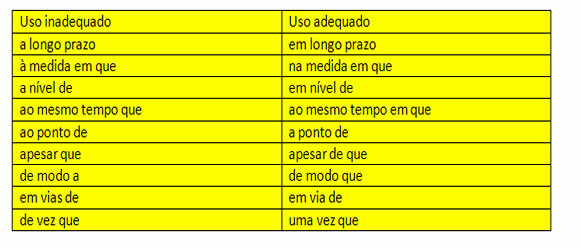With a mild flavor, cabbage is a very common vegetable on Brazilian tables and can be part of delicious dishes. Everyone knows that there are many ways to prepare cabbage to be consumed, but do you know the correct way to wash its leaves? It seems strange for those who are used to cutting cabbage without first cleaning it, to know that there is a method to leave it free of impurities.
As cabbage leaves are closed and glued together in an oval shape, it is really difficult to check if they are clean. But don't worry, there is a practical and simple method to get your cabbage ready to be consumed at home. If you want to ensure a healthy and safe diet for your family, check out the step-by-step guide below.
see more
Elon Musk starts negotiating with a company from Santa Catarina
In the art of arrogance, there are 4 signs that stand out
Keep reading: Lettuce tea is a great ally against stress and anxiety
Simplified step-by-step to clean cabbages
Before learning how to clean your vegetables, the ideal is that you know how to choose the best leaves when you go to the market. This is quite simple, as all you have to do is choose the greenest cabbages, remembering to look around the leaves to make sure there are no black spots.
After that, you can wash the cabbage properly and create delicious dishes with it. Check step by step.
Step 1:
Start by cutting the base of the cabbage, then peel off the leaves one by one. This process may seem laborious, but it will make a big difference in your health.
Step 2:
Under running water, wash the leaves individually to remove dirt and dirt. Take advantage of this moment to remove black dots from the leaves with the help of a knife.
Step 3:
In a large container, place the cabbage leaves and add water up to half. Then, add sodium hypochlorite to the extent of one tablespoon of the solution for each liter of water.
Step 4:
After 15 minutes in this solution, you can rinse the leaves again under running water. Ready! Your cabbage can now be eaten without risk of contaminating your family with germs and bacteria.

